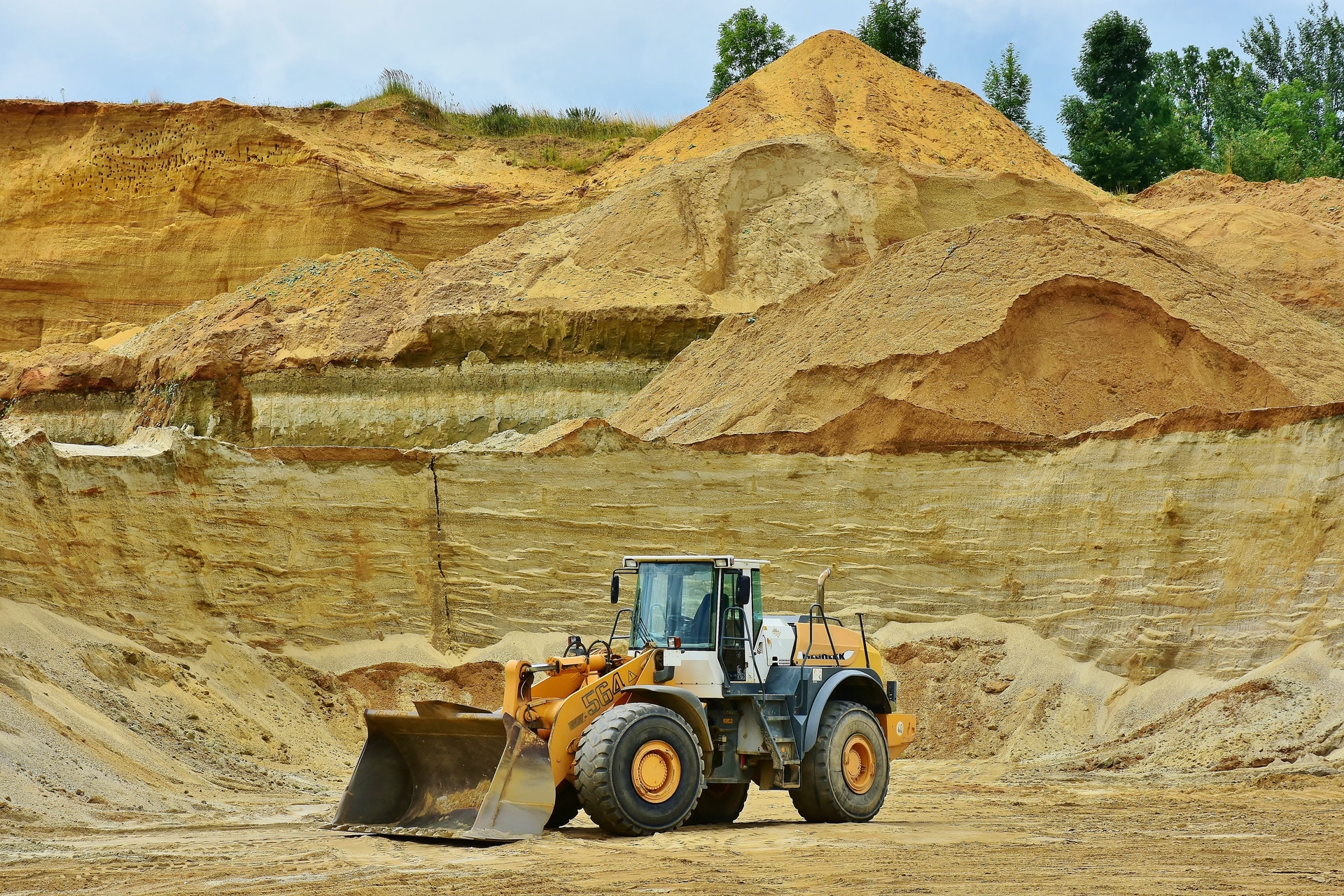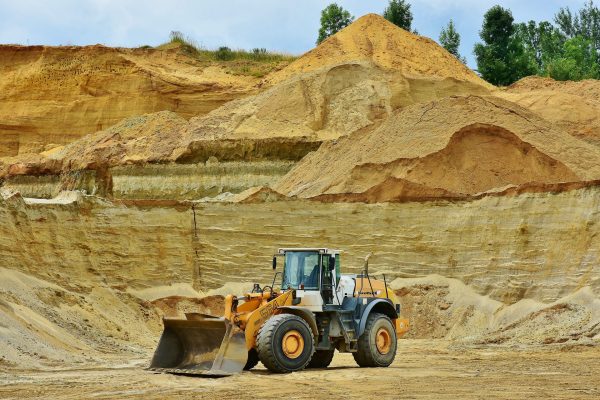Mining contributes about $6 billion annually to Nigeria’s economy. It could be much bigger, if the country’s decades long preoccupation with crude petroleum hadn’t stifled its growth. But now, there’s at least some positive talk coming out of the Federal Government offices about giving mining a boost.
If you’ve been nursing a desire to start a mining business, this might be the right time to jump in. As Nigeria sails towards the certain end of its oil dependency, mining will become one of its new cash cows, selling iron ore to steel smelters, quartz to glass manufacturers, and gold to wealth keepers. The world will need more gadgets and equipment, and you can be one to provide the raw materials required to create them.
You have an array of minerals to choose from
A stunning quantity of useful ores and raw gems are shut up in Nigeria’s rocks and streams, waiting to be explored and extracted for use. Gold deposits abound in several parts of Northern Nigeria; there are sites rich in iron ore scattered across Enugu, Kaduna, Niger and Zamfara states; and granite isn’t that difficult to find in the South West and Middle Belt. Coal, bitumen, kaolin, tantalite, lead and zinc are lodged with us, as are amethysts, emeralds, and sapphires.
If you are especially concerned about doing business where “the money is”, you’ll obviously be going for materials with relatively high market prices and good, stable demand.
Note that the mining processes you’ll undertake may differ with each material, so you might need different sorts of equipment for each.
How to begin your mining business
Let’s get into the meat of this.
Here are the steps you should take to start a mining business in Nigeria.
- Decide how big you want it to be at the start
Whatever your ambitions are, the size of your business will depend on the resources available to you. However, they are mostly informal and use improvised methods of extracting minerals, and typically don’t adhere to legal requirements for mining.
A proper entry point into mining could be as a small scale or medium scale enterprise. This will mean that you’ll have at least some basic but vital equipment and human expertise to work with. While this will cost you much more than a micro scale artisanal venture, it’ll be a safer bet all round.
Having a detailed business plan for your company is always a good idea. It will prove indispensable as you go ahead with acquiring equipment and workspace, hiring staff and managing the business as it grows.
- Partner with or hire qialified personnel
Mining isn’t just about digging and sifting. You’ll need people who can do all the hard work with you, manage materials separation processes, and handling the technical aspects of the business. The range of talent you’ll be looking for may range from trained geologists to certified accountants.
- Aquire equipment
We have already noted that the equipment and machinery you will use will depend on the kind of minerals you’ll be mining. Rock crushing equipment, smelting and melting machines, cutting mills, pulverizers are separators are just some of the equipment you’ll want to have in place. Here are some things to consider before purchasing your equipment.
- Register your business
The Corporate Affairs Commission (CAC) is responsible for registering businesses as legally operational ventures in Nigeria. It’s essential that you register your business with them. Visit the CAC office closest to you to get this done.
- Get licensed to start mining
When you’re ready to begin mining, you will want to get the approval of government in order to kick off. A small scale mining lease gives you the all clear from the government to begin mining operations in an area. You can obtain one by applying to the Mining Cadastre Office (MCO) of the Federal Ministry of Mines and Steel Development with the following supporting documents:
- Duly completed application form
- Pre-feasibility report
- Evidence of technically competent personnel
- Evidence of financial capability
- Attestation of no conviction of criminal offence
- Irrevocable consent from land owners or occupiers
- Certified True Copy of Incorporation (from the CAC)
- Evidence of payment of processing fees
- Notice to land owners with a response on rate to be paid
- Area specified to be surveyed
- Minerals to be exploited
If the Mining Cadastre Office finds your application worthy, you’ll get the small scale mining lease. It’ll be a legal permit allowing you to mine in the area you’ve applied to operate in for a maximum of five years.
Things to do just before you begin
The law requires that you do these things before you start mining in an area:
- Conduct an Environmental Impact Assessment of the area to determine what effects your mining activity will have on it.
- Reach a Community Development Agreement with the mining site’s host community. The agreement will detail what development assistance (scholarships, technical trainings, financial contributions, etc) your business will be giving the community.
- Pay compensation to the host community for whatever destruction to the land, crops and buildings of land owners and occupants necessitated by your mining activity in their area.
- Submit a plan for rehabilitating the mine to the Ministry of Mines and Steel Development.


